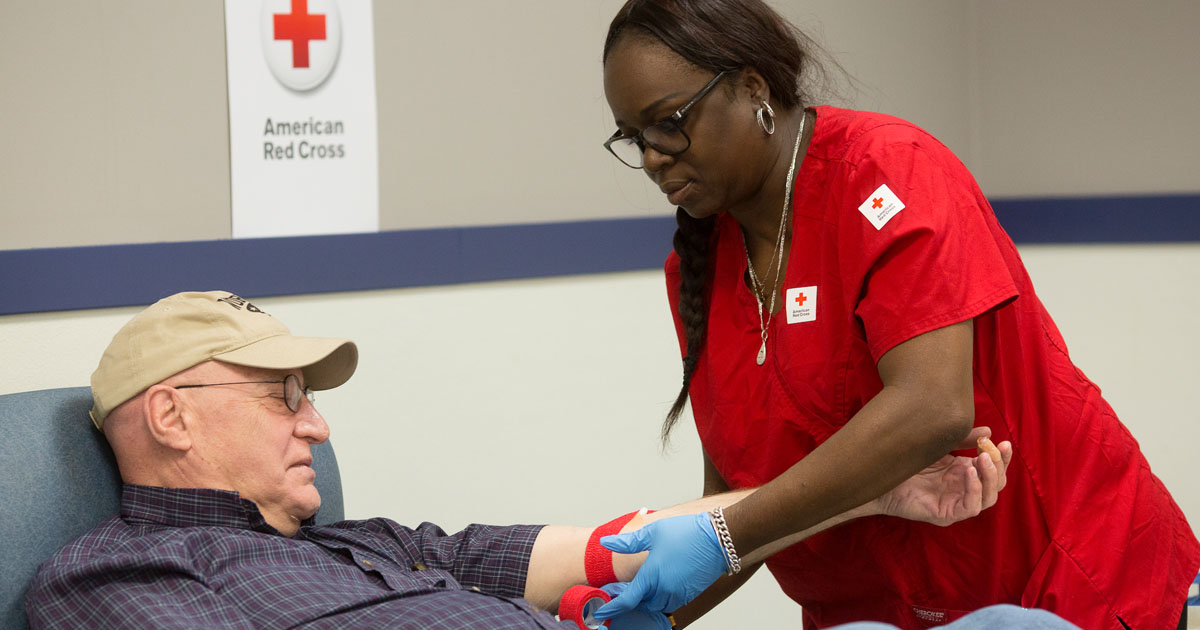Antivirals by nature are tough nuts to crack. Vaccines are best and that’s where the researchers focused. Antivirals will ensue, but it’s better to avoid getting sick with a potentially fatal disease then going for a treatment.
Just wanted to expand on the above, as I wrote it on my cell phone and my fat fingers aren't very agile...
Why are antivirals difficult to make? Well you have to think about exactly what a virus is and what it does. It's actually debatable whether or not a virus is actually a "live" organism. It's the ultimate parasite, as it cannot thrive without a host cell, but does it "live"? That's one of my favorite 5 beer debates with fellow colleagues...
When a virus infects a cell, it releases it's nucleic code and this code gets incorporated into the host's DNA. The code from the virus then takes over the host cell's cellular processes to make more virus; it makes the cell it's virus' slave factory.
And there's the rub. The virus doesn't change the cell's cellular processes, it just hijacks them. So finding a compound that prevents a virus from hijacking a cell is a very demanding, and difficult process. To stop the virus by just "shutdowning" the new "factory", you would be shutting down that cell, along with all the cells of the same type in the infected host, whether or not they're infected, which isn't good for the infected person as an entire organ may be killed. So an antiviral drug is a much "finer" target than getting an antibiotic that works on a bacterium. Bacteria are living organisms that have, and use their own cellular processes to live and reproduce, offering biochemists a much wider choice of weapons to kill the bacterium without killing the infected person.
COVID-19 offered scientists a huge Achilles Heel, the spike protein, which is quite immunogenic and pretty-well conserved across variants. This gave a perfect target for vaccine development, and it was exploited by many companies. This was the best, and quickest, avenue for disease control research, as the "warp speed" development of multiple safe and effective vaccines can attest to!!

